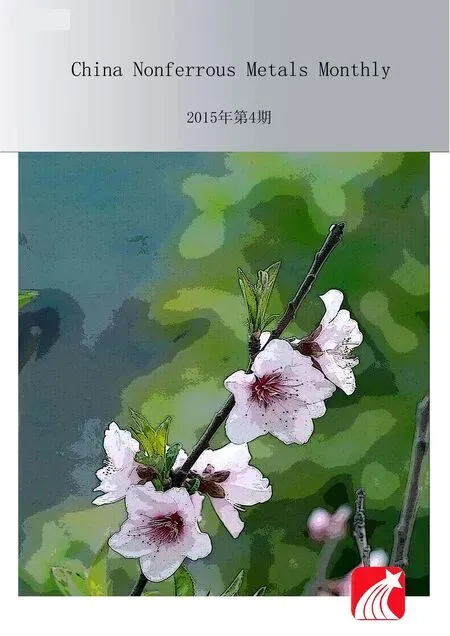Chongqing Bosai Mining Splurged USD 200 Million To Build Aluminum Smelting Factory in the Caribbean Sea Region
?
Chongqing Bosai Mining Splurged USD 200 Million To Build Aluminum Smelting Factory in the Caribbean Sea Region
On March 9, Yuan Zhilun, Chairman of Chongqing Bosai Mining Group, announced that it would invest USD 200 million to build a smelting factory in the Republic of Trinidad and Tobago, a country in the southern part of the Caribbean Sea.
According to Yuan Zhilun, the investment in the Republic of Trinidad and Tobago has passed negotiation stage, Bosai Mining would soon sign strategic cooperation agreement with this country, construction would start soon afterwards, ideally production can start in the year after the next year at the earliest.
It has been learned that at the end of 2006, Bosai acquired 70% equity of Guyana Omai Mining Company in South America, which became the largest overseas investment in Chongqing at that time in one deal, it acquired about 200 million tonnes of high alumina low iron aluminum mine resources, and occupied 40% global high aluminum grog market share. At the end of 2009, Bosai successfully acquired 80% equity of Ghana Aluminum Mine Company in West Africa, a subsidiary of global mining giant Rio Tinto, and again acquired about 100 million tonnes of high alumina low silicon aluminum mine resources. Yuan Zhilun said at present the two enterprises being acquired were operating healthily, last year their profit growth topped 20%.
This year’s government work report attached great importance to enterprise “Walking out”, and pointed out to encourage enterprises to take part in overseas infrastructure construction and capacity cooperation, propel railway, electric power, telecommunication, engineering machinery as well as automobile, airplane, and electronics equipment to walk toward the world, and promote external investment of metallurgy and building material industries.
“This further consolidated our investment confidence.” Yuan Zhilun said. Unlike the two previous overseas acquisitions, this time Bosai chose direct construction of factory to smelt high purity metal silicon, this is the most important raw material for the photovoltaic industry.
Yuan Zhilun said currently there was capacity surplus in the domestic electrolytic aluminum, iron and steel, and poly-crystal silicon industries, competition was fierce. Instead of engaging in mutual in-fight in China, it’s better to transfer toward overseas market. Bosai would stick to the strategy of walking out, and deploy resources in the global context.
 China Nonferrous Metals Monthly2015年4期
China Nonferrous Metals Monthly2015年4期
- China Nonferrous Metals Monthly的其它文章
- Chinalco and Dongfeng Strengthened Exploration in Development Cooperation of Vehicle-Use Aluminum Alloy Sheet
- Qinghai 10 Million Tonne Grade Multiple Metal Mine Development Base has Initially Taken Shape
- Analysis of China’s Aluminum Scrap Market in 2014
- Income of Hunan Nonferrous Circular Industry Topped 100 Billion
- Impact of China’s Macro Economic Situation on the Nonferrous Metals Industry
